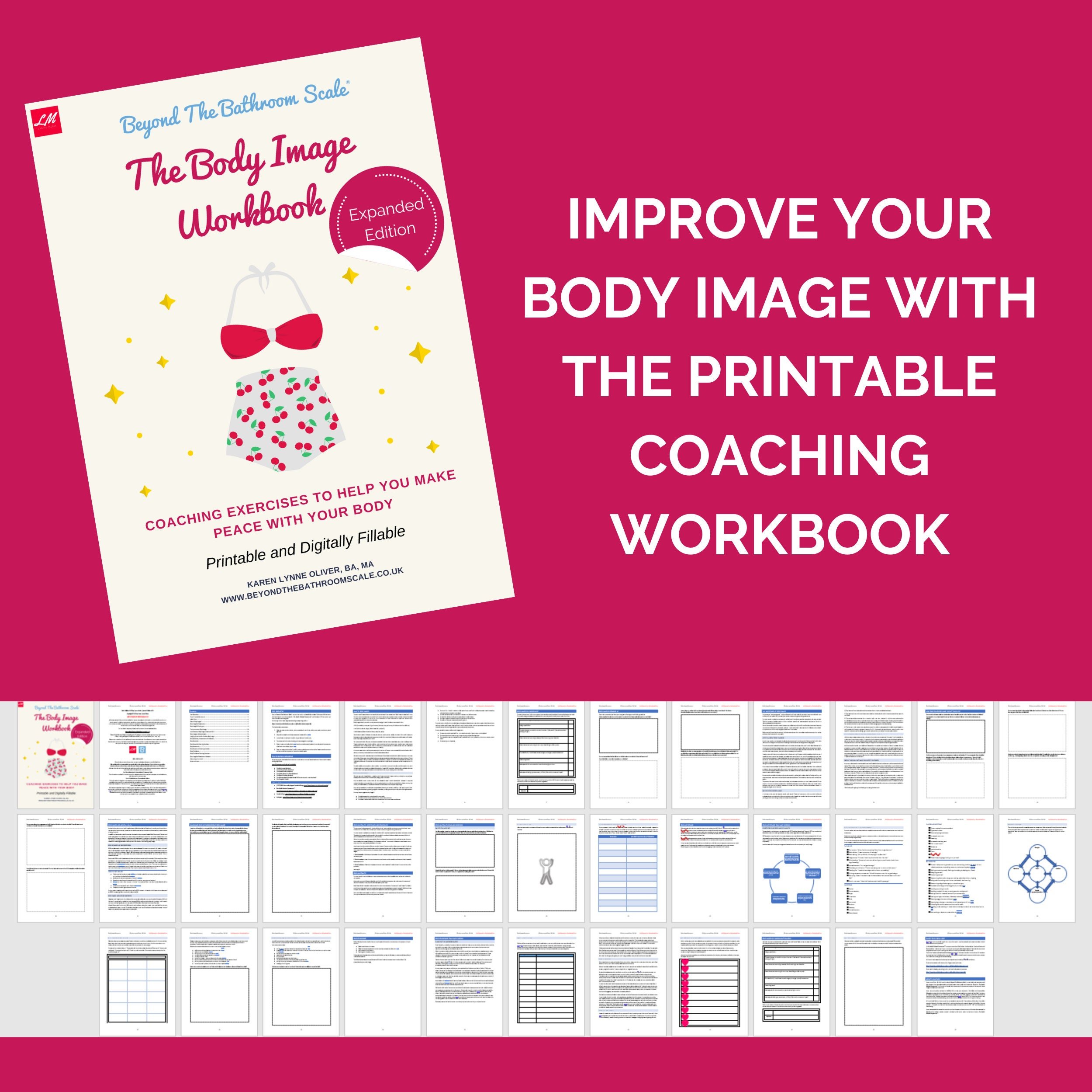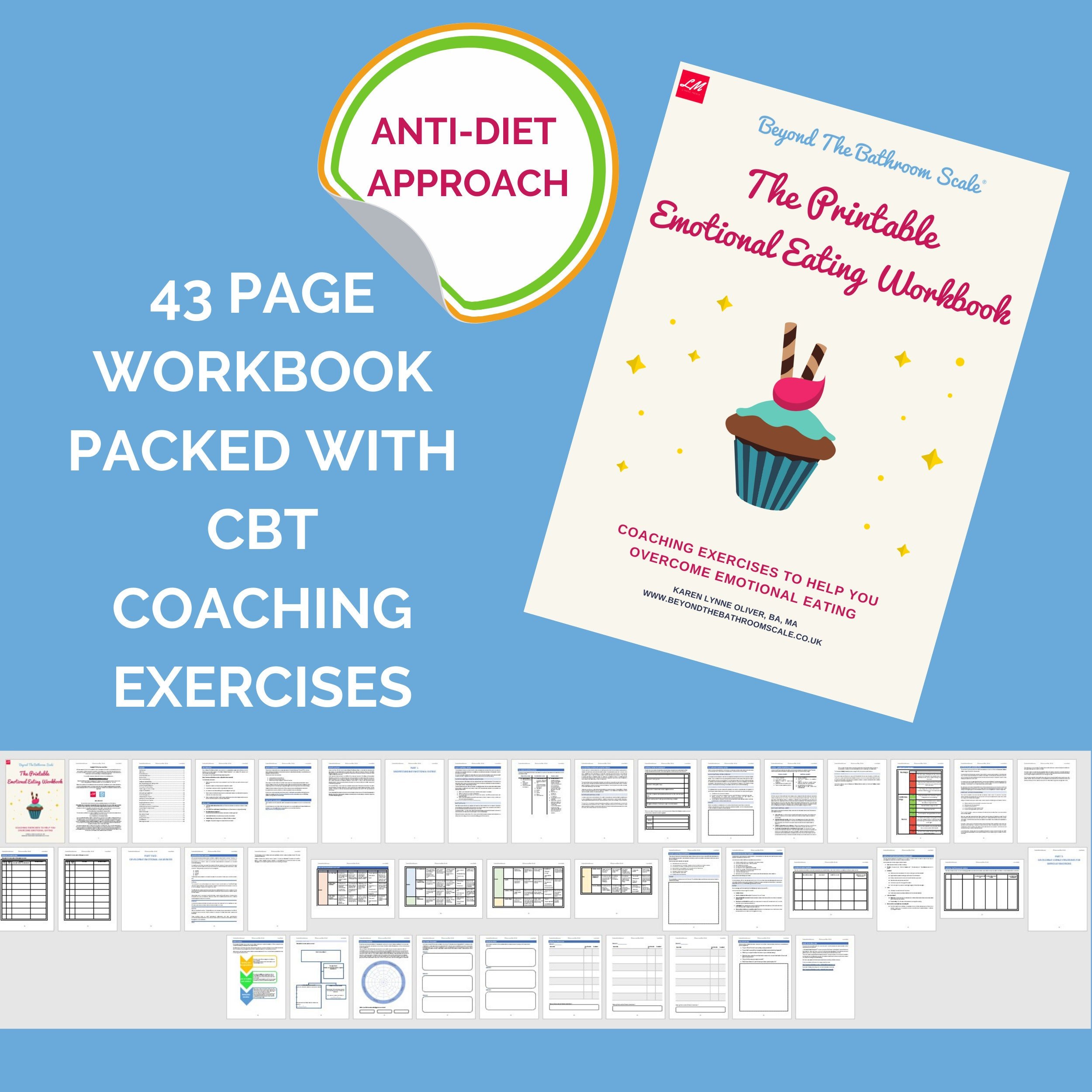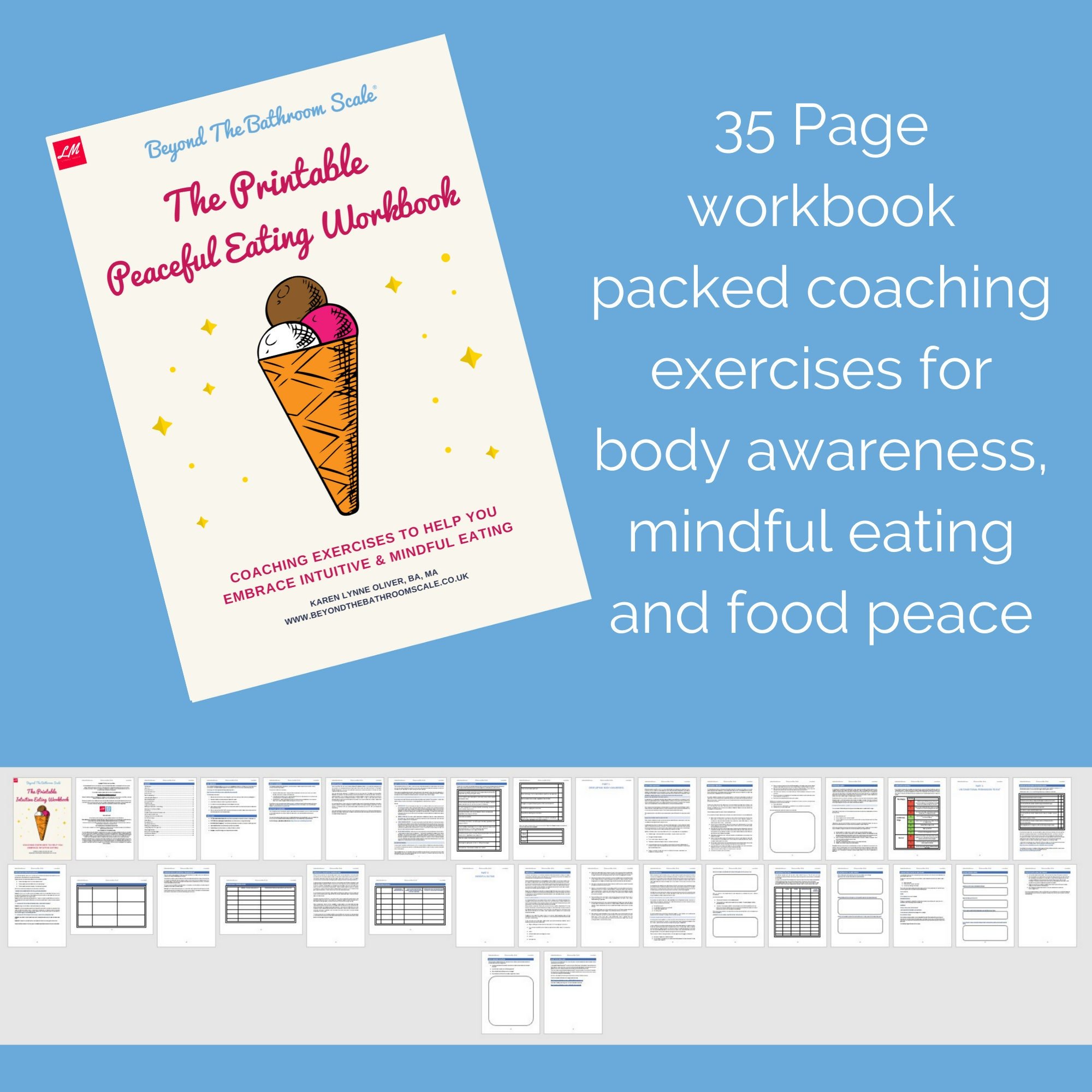Why is Mindset Important for Health?
When it comes to our health and fitness, our mindsets (i.e. our attitudes, beliefs and assumptions) are often the hardest part of us to change (but with the right tools and internal work, it's certainly possible to do!). Mindset matters because it affects everything we do, say and how we think. It quite literally has the power to make or break us.
If you feel like you have a difficult relationship with food, exercise or your body, chances are your attitudes towards these areas of your life are strongly influenced by Diet Culture. I refer to this as having the 'Dieting Mindset', as opposed to a Health Mindset (a healthy, peaceful approach towards food and exercise). So let's look at what these two different types of mindsets look like, how they shape everything we do and why this is so important for both physical and mental health.
What does it mean to have the 'Dieting Mindset'?
If you have a dieting mindset, it's very likely that you'll have some of these thoughts or attitudes.
Food
You avoid foods like carbs, especially grains like pasta, cereals and rice.
You permit yourself to have 'cheat days' or 'cheat meals', where you're allowed to eat whatever you want.
If you want to eat something you view as 'extra' in a day, like a dessert, you feel like you need to exercise more. - 'burn it to earn it' philosophy
If you know you're going out for a meal with friends in the evening, you cut back on food in the day to account for it.
You eat really carefully all week, and then eat whatever you want on the weekends, regardless of how hungry or full you feel.
You count and track calories.
You try to adhere to a calorie or point/syns goal most days, regardless of how hungry or full you are.
You love shows like The Biggest Loser, and watch these to inspire you.
If you eat 'forbidden' foods ('treats', 'junk' or 'bad'), you think you've blown it and then engage with the 'f*ck it effect', where you eat everything in large quantities and ignore hunger/fullness cues.
If you feel like you ate too much at one meal, you deliberately eat less at the next to 'make up for it', regardless of how hungry you are.
You describe your day of food as either 'good' or 'bad'.
You say things like "getting back on plan" or "falling off the wagon".
Exercise
You feel guilty if you don't exercise because you feel like you haven't burnt of any calories
If you don't exercise you compensate by cutting down on what you eat.
You select exercises based on how many calories they burn
If you leave home without your fitness tracker, you feel like you've wasted your workout.
Social
You worry about what other people think about your eating
You eat less in public
You might attend a slimming club
You talk to your friends about calories, diets and slimming plans
Life & Self
You put things off in your life until you reach a certain weight (like dating, going to a dance class, chasing the career of your dreams, going on holiday)
You set deadlines for your weight loss goals based on dates for special occasions like holidays and weddings
You feel like you'll only be truly happy when you weigh a certain amount.
Your inner voice says horrible things about your body when you look in the mirror.
Does this all sound painfully familiar? As part of The Health Mindset Programme, students carry out the Dieting Mindset Self-Assessment worksheet and often find that their eating patterns and thought processes are much more distorted than they thought.
Why is the dieting mindset such a problem for health?
With the dieting mindset, everything you eat and every you do in terms of physical activity, is filtered through the view of 'will this make me thinner?'. At best, this approach will strip the enjoyment out of food and movement and make you feel self-conscious about your body. At worst, this mindset can be the beginning of a slow slide into disordered eating and even full-blown eating disorders.
When we talk of disordered eating, this may mean yo-yo dieting, excessive exercising in the pursuit of 'burning off excess calories' and cycling between periods of restriction and bingeing. The patterns of these behaviours are not worlds away from eating disorders, such as Binge Eating Disorder (episodes of quickly consuming a large amount of food), Bulimia (bingeing and purging, often via laxatives, self-induced vomiting), Anorexia (severe restriction of food intake) and Orthorexia (and obsession with the health benefits of food).
The negative effects that eating disorders have on health are generally quite well known, but disordered eating patterns and behaviours have also been shown to have a negative impact on health. For example, research (as cited in Tribole & Resch, 2017) has shown that weight cycling caused by dieting can damage long-term health by increasing the risks of suppressed metabolism, muscle loss, increased body fat percentage, chronic inflammation, high blood pressure, gallstones, bone fractures. This negative impact on physical health is in addition to the emotional drag it has on an individual's sense of self and everyday life.
What does it mean to have a 'health mindset'?
Healthy mindsets are found in people who are not battling with their body image or weight. They do not consciously choose what to eat based on calories or other nutritional values and instead trust their own instincts to tell them what to eat, how much and when. They exercise simply because they enjoy it, perhaps as a hobby, social activity or a way to use up excess energy and relieve stress. If you're reading this from a dieting mindset, the idea of having such as a relaxed approach to food and exercise will probably make you feel anxious.
Here's a more detailed breakdown of what the health mindset looks like, in contrast to the dieting mindset:
Food
You can tell the difference between thirst, hunger and emotional needs.
You eat because you feel hungry - regardless of the time of day or how much you've already eaten.
You don't label foods as 'good', 'bad', or 'forbidden'.
You select foods based on how much you'll enjoy them and how they make your body feel afterwards
You enjoy the taste, texture and amount of food - the overall experience is mindfully enjoyed instead of eating in front of a screen or rushed down on the go.
You stop eating when you feel full, even if it means having to leave food on your plate.
Exercise
You exercise for the pure enjoyment of it, stress relief or as a social activity - you don't view it as a means to burn calories.
Fitness is defined as an increase in strength, flexibility and cardiovascular improvements – not six-pack abs, washboard stomachs and buns of steel.
You don't feel self-conscious when you exercise because you enjoy your chosen activity so much that you're fully absorbed by it.
Social
You don't feel the need to pre-plan for meals out with friends
Events involving food do not make you feel anxious
You don't feel self-conscious eating in front of others and you don't worry about what they think of your eating.
You exercise with friends as an enjoyable way to socialise, instead of with the view of needing 'motivation' or 'moral support'.
Life & Self
You select clothes, include beachwear, based on comfort and how they make you feel - rather than worry about how slim/fat you look
You don't eat less or exercise more in preparation for big life events
You fully live life in the present instead of holding out for when you weight a certain amount.
You don't bother weighing yourself
Your inner voice is compassionate towards yourself and you speak to yourself in the same way you would a dear friend.
Overall, if you have a healthy mindset, health and fitness are important to you, but you see it as completely disconnected from weight loss and changing the way your body looks. You focus on your internal cues for hunger, fullness, thirst, emotional needs, the need for rest and the need for movement. You let your body tell you what it needs, instead of trying to control it using external cues like trackers, scales and mirrors. You feel at peace and free and you have more emotional energy to spend on the other areas of your life.
Can you change your mindset?
The short answer to this is yes, over time.
It's totally possible to change your mindset but it certainly isn't easy to do, especially without support. What makes it so difficult to change is that many parts of the dieting mindset are ingrained in everyday society and diet culture. Society tells us to monitor our food and exercise and controls our weight. It tells us that slim, toned young people are more attractive, happier and successful and the media and health and fitness industries play into this further with marketing designed to make us feel rubbish about ourselves, with the aim of selling us 'quick fixes.
If you feel like you're struggling with the dieting mindset, you may be interested to join me in my coaching app, where we will look at diet culture, the dieting mindset, and how to recognize and break these thought patterns. We'll also cover the topics of self-compassion, body image and Intuitive Eating. You can find out more here: BeyondTheScale app






